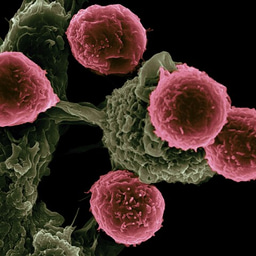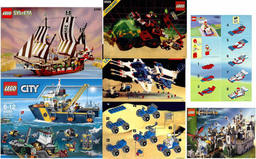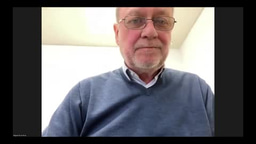
Conference season is finally back! Many younger scientists may well have joined an online meeting or two during the last couple of years, but few have ever had the chance to attend a conference in person. What should they expect from their experience? What are the unwritten rules that they should follow? How can they make the most of their trip? This survivor’s guide, written by a seasoned conference-goer, is designed to help first-timers navigate the week and to reach the other side safely intact.
- Pick the right one. Mega-conferences attract all of the biggest names, but lack the sense of community you find at smaller affairs. As a conference novice it's wise to pick a smaller, friendly one first, as this allows you to more easily establish your network.
- Go alone. It might seem daunting to go on your own, but doing so will force you to meet lots of new people. Get out of your comfort zone!
- Make it a vacation. Conferences are often held in exotic locations, historical towns or vibrant cities. Most institutes will allow you to travel long before or after your conference, to combine it with a holiday. Take your time and enjoy the trip! A few days basking in the local culture or scenery will do wonders for your jetlag.
- Join the welcome reception. At the start of the conference proper, you will have to sign up at the registration desk. There you often receive a goodie bag with a bunch of conference-branded items. Most of these items you will never use, and they will forever lie neglected at the back of your desk. There are however a couple of handy bits: the abstract book (see below) and your name tag. Stick the name tag on, grab a drink and go make some friends.
- Make notes in your abstract book. The abstract book already contains a summary of the talk and the speaker’s contact details. Adding your notes to the margins minimises writing time and lets you concentrate more on the presentation itself.
- Ask questions! There’s no such thing as a stupid question. If a speaker hasn’t adjusted their talk to their audience, that’s on them. Your ‘naive’ question could even prompt a breakthrough in the field!
- Lunch and coffee breaks are sacred. It’s therefore super important that all presenters stick to their time. Some speakers however (particularly those of, a’hem, a certain generation), are bound to overrun. They’re also unlikely to register that you’re sighing, shuffling your feet or even tapping your watch and so unfortunately you may just have to grin and bear it.
- Use your poster as an icebreaker. Poster sessions are a great opportunity to get to know people. Don’t feel like you can only talk about science! As a side note: during the poster session you might have to balance a glass of wine and plate of canapés whilst simultaneously talking and gesturing to your poster. Make sure you stretch properly before attempting any poster session acrobatics.
- Don’t go to bed too early. Some of the best parts of the conference happen ‘out of hours’. Get to know people over dinner, chat science in a bar, and you can even go clubbing if you’re feeling up to it. Seeing that esteemed professor throwing shapes on the dancefloor can make them seem much more approachable!
- Bring medication. If you take part in ‘intensive networking’ in the evening, you may well feel a bit worse for wear the following morning. Painkillers with coffee is a great remedy, and will help you to breeze into that 9am talk as fresh as a daisy.
- Finally, enjoy yourself! Conferences are an opportunity to form friendships with your colleagues from all over the world. Of course there’s also a ton of great, cutting-edge science, but you can read that yourself online. This is your chance to get the know the people behind the work; go out and take it!
Top image of post: by 정훈 김 from Pixabay





Join the FEBS Network today
Joining the FEBS Network’s molecular life sciences community enables you to access special content on the site, present your profile, 'follow' contributors, 'comment' on and 'like' content, post your own content, and set up a tailored email digest for updates.
Thank you for the points! I am ready to make new friends in the YSFconference 😊